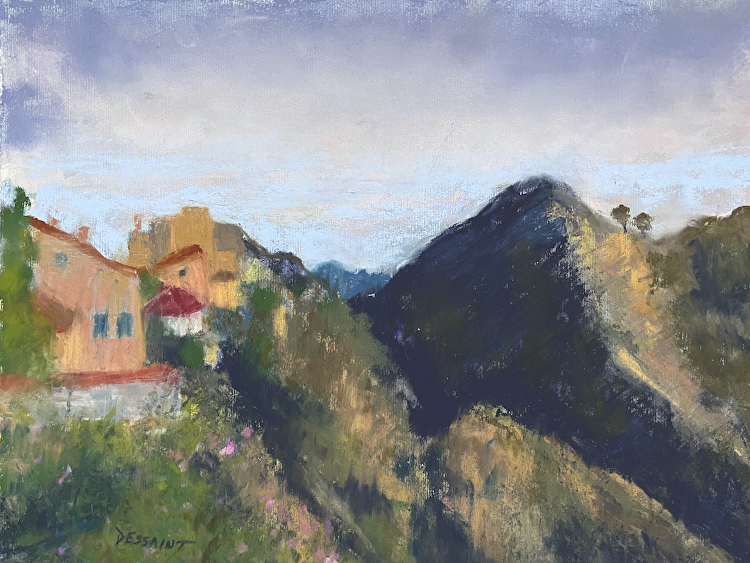
An author now associated with the realism of the late 19th century, began as a Romantic writer of sentimental and melodramatic stuff, with stock characters, implausible artificial situations and pretty shoddy psychological notions all to stir up or ‘soup up’ feeling in the reader. What was Verga’s early sentimentalism was to evaporate when he went on to depict the simple and harsh life of Sicilian peasants.
But Verga was very much of his day, both in the ridiculousness of his romantic prose and then in the realistic turn following Balzac and Zola’s ‘Naturalism’: the 1870s saw the broth of the Italian literary movement of ‘Verismo’: writing of the day to day concerns of ordinary people doing ordinary things, with nothing covered with glamour or larded with sentiment: an attempt to reproduce life as it really is, being faithful to its minutest particulars, with the hand of the author / the act of representation wholly invisible: like a photograph.
Gone the wordy descriptive passages and the lengthy moral disquisitions – as the author melts into the background, her voice is replaced by the voice, the words, the idiom of the characters, and the story loses its momentum, as stuff happens and it’s just the characters acting, a story told exclusively by and through the characters: Verga’s new prose style: ‘a prosa dialogata’: a dramatic and naturalistic style that feels very modern to the reader of today.
But it’s a pretty inevitable brand of ‘tragic inevitability’ that gives the prose its momentum, and perhaps ages these stories for modern sensibilities; nothing is assured in Verga’s stories other than a miserable death at the end of a pretty grim life of the Sicilian peasant; the atmosphere of tragic inevitability verges on the ludicrous; however, Verga has convinced the reader from the get go, convincing us that here is life presented as it really is, free from the distortions of either idealism or sentiment, or those of narrative momentum, and our compassion, or empathy, is secured adeptly.
“Nedda” (1874)
From “Primavera e altri racconti” (Spring and other Stories) (1877)
“Primavera” (Spring)
“La coda del diavolo” (The Tail of the Devil)
“X”
“Certi argomenti” (Certain Subjects)
“Le storie del castello di Trezza” (The Stories of the Trezza’s Castle)
“Rosso Malpelo” (Red Evil Hair)
From “Vita dei campi” (The Life of the Fields) in 1880
“Cavalleria rusticana” (Rustic Chivalry)
“Fantasticheria” (Picturesque Lives)
“Jeli il pastore” (Jeli the Shepherd)
“La Lupa” (The She-Wolf)
From “Novelle rusticane” (Little Novels of Sicily) in 1883 (translated by D.H. Lawrence 1925)
“Il reverendo” (His Reverence)
“Cos’è il re” (So Much for the King)
“Don Licciu papa” (Don Licciu Papa)
“Il mistero” (The Mystery Play)
“Malaria”
“Gli orfani” (The Orphans)
“La roba” (Property)
“Storia dell’asino di S. Giuseppe” (Story of St. Joseph’s Ass)
“Pane nero” (Black Bread)
I galantuomini” (The Gentry)
“Libertà” (Liberty)
“Di là del mare” (Across the Sea)